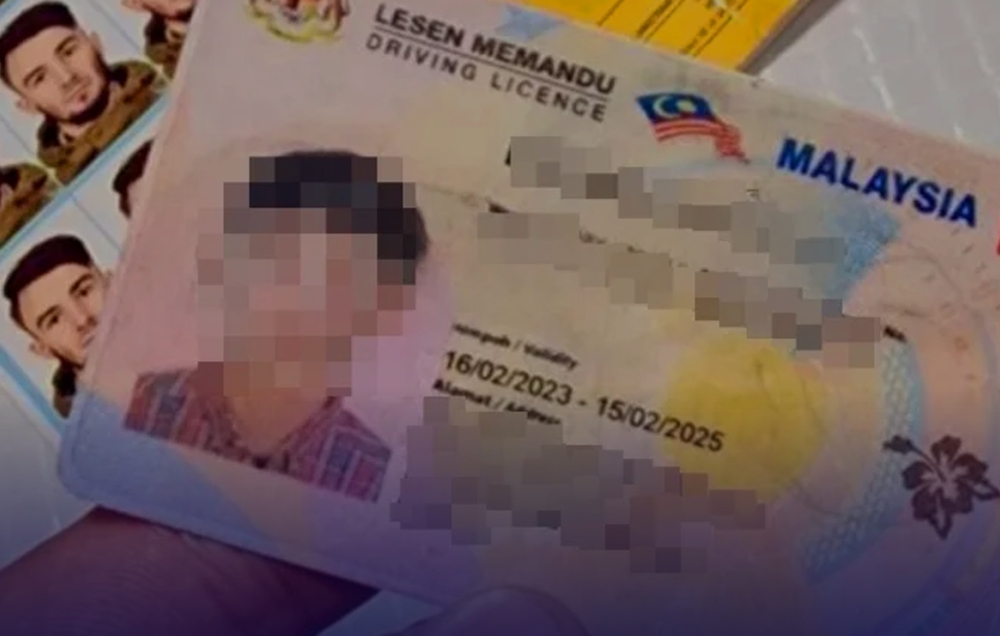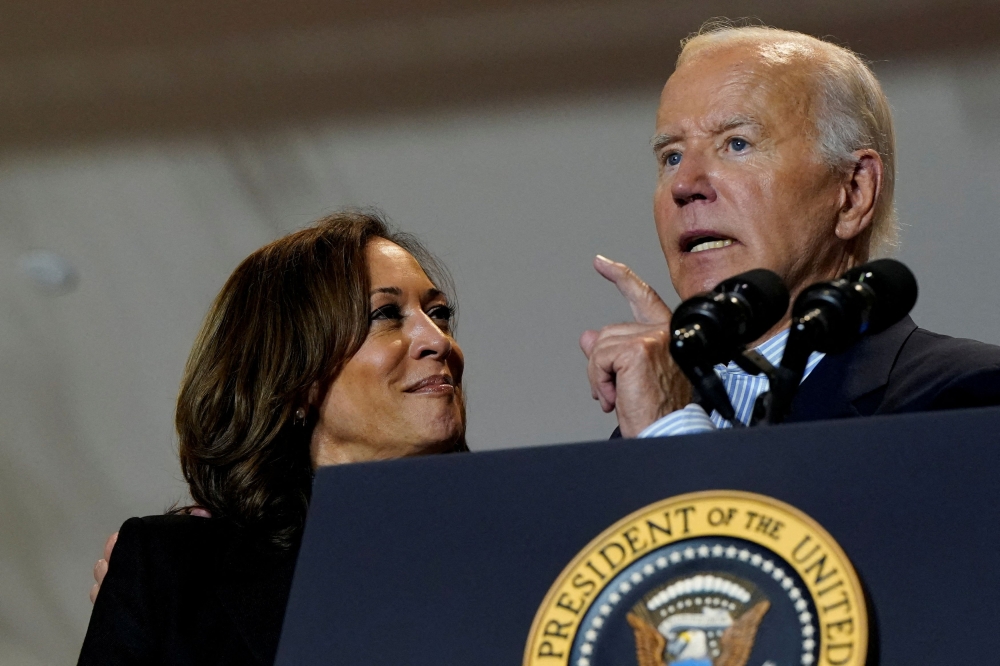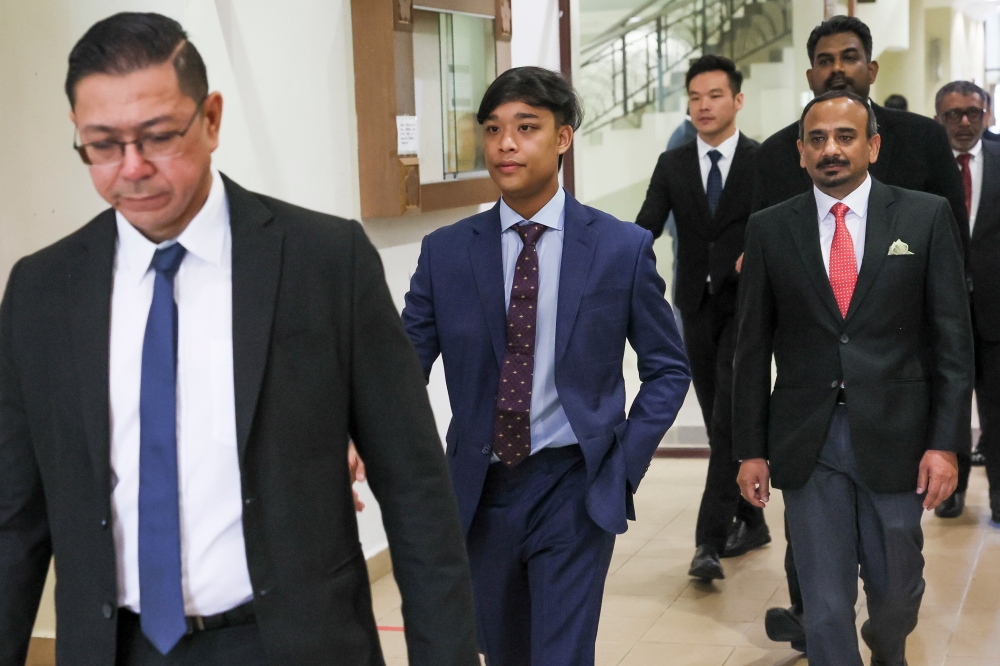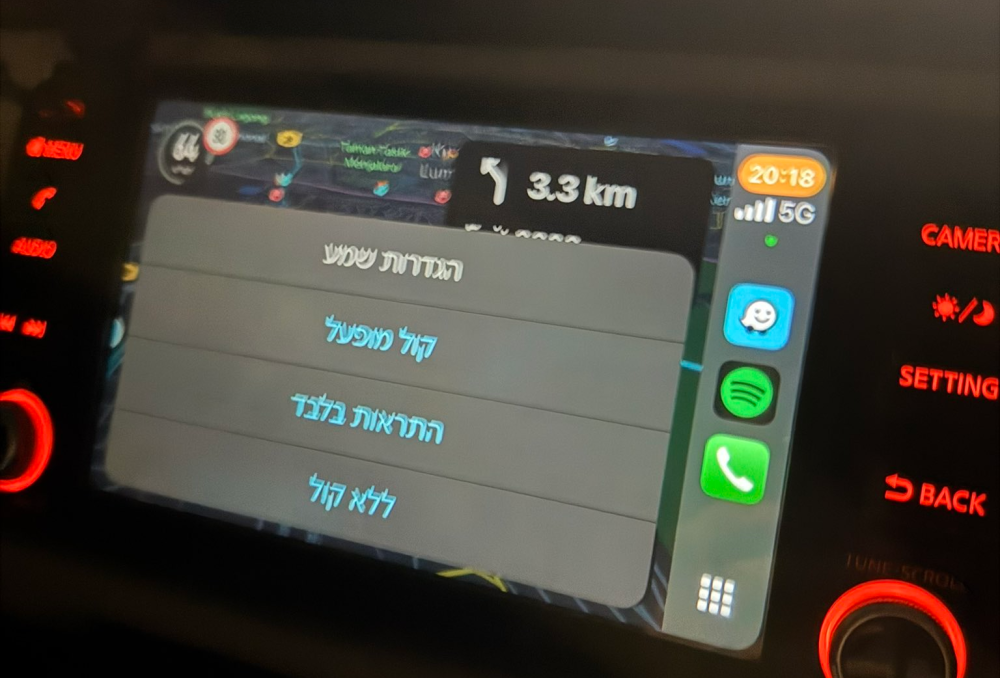NOVEMBER 17 — For those who are serious about voting, a good place to start is the candidate’s flagship of promise which outlines impactful and specific plans to resolve constituents’ issues.
This is the Election Manifesto.
The manifesto is not a ritualist piece of paper, or a ‘cut and paste’ of a party manifesto but a custom-made personalised five-year program to transform the specific community. And yet, voters hardly read manifestoes which are looked upon as an intellectual and ideological exercise at its best.
The stakes are high in this election as it is crowded with six coalitions, 39 political parties and 945 candidates.
About 21.7 million voters are registered to decide on the new government during the GE15, with a huge electoral bloc of first time voters youths who may not know their candidate's background.
Question is how many do actually know the candidate they are voting for? Will the candidate be their voice for the next five years or will he or she disappear and re-surface in the next elections?
It is already obvious that we do have a disenchanted electorate, who are being fuelled by a hate and anger campaign. People are well aware that after GE 14, most of the time was wasted on political infighting, especially during the pandemic and the downturn of the economy.
Politicking stops for nothing.
Today, slandering, ugly and smear campaigns are not an attractive campaign for voters especially the youths. What they need to know is everything about their representatives - what is his track record or is he capable of solving our local residents’ issues?
The manifesto should be simplified and disseminated effectively to reach out to every voter. Time is of essence here. Enough time should be given to voters to read the manifesto and to ask questions to ensure that the politicians do not make empty promises.
As actions speak louder than words, these manifestos should also be linked to the credibility of candidates and the track record of the candidates to ensure they are not empty promises.
Voting for a candidate means that the voter is effectively endorsing that election manifesto and giving them a mandate to govern. After the election, when the campaigning noise goes away we will, at the least, the residents will have the manifesto as a reference material for accountability.

An informed voter may be able to understand the intent of the candidate as well as pin down the candidates for departing from their manifestos after coming to power.
Proposed amendments may be considered for the Election Offences Act 1954 [Act 5] or any relevant statutes relating to the election process and the legal force of the manifesto to ensure politicians are accountable for their promises.
While parties have endorsed national mandates, there are only a handful of exceptional candidates who have evaluated their constituency and personalised their manifesto accordingly.
Unlike party representatives, independent candidates have the freedom to choose their own manifesto. Siti Kassim is among one of the 108 independent candidates who boldly champions her manifesto that centres on the separation of religion from government.
Hers will be a strong independent voice in Parliament if she wins.
Independent Tawfik Ismail the son of Tun Dr Ismail is standing as an independent candidate with a strong manifesto, `People vs Corruption.
Khairy Jamaluddin, the candidate who has presented himself as a prime ministerial candidate, is one of the few, who has crafted a well-researched manifesto designed to elevate Sungai Buloh to another level.
Though a last minute candidate, he is already armed with proposals to upgrade the schools, hospitals, flats, the famous plant nursery as well as traffic management, flood mitigation and anything else that has been neglected so far.
Khairy who was elected as the Vice-President of the 75th World Health Assembly, ambitiously has promised to put Sungai Buloh in the national and even the international map.
* This is the personal opinion of the writer and does not necessarily represent the views of Malay Mail.


















![In the celebrated case of Datuk Haji Harun bin Haji Idris v Public Prosecutor [1977] 2 MLJ 155, one of the issues raised was that Section 418 of the Criminal Procedure Code (under the provisions of which the case was transferred from the subordinate court to the High Court for trial) was inconsistent with Article 8 of the Federal Constitution and therefore void by virtue of Article 4. — Reuters file pic In the celebrated case of Datuk Haji Harun bin Haji Idris v Public Prosecutor [1977] 2 MLJ 155, one of the issues raised was that Section 418 of the Criminal Procedure Code (under the provisions of which the case was transferred from the subordinate court to the High Court for trial) was inconsistent with Article 8 of the Federal Constitution and therefore void by virtue of Article 4. — Reuters file pic](https://www.malaymail.com/malaymail/uploads/images/2024/11/05/243346.jpg)


